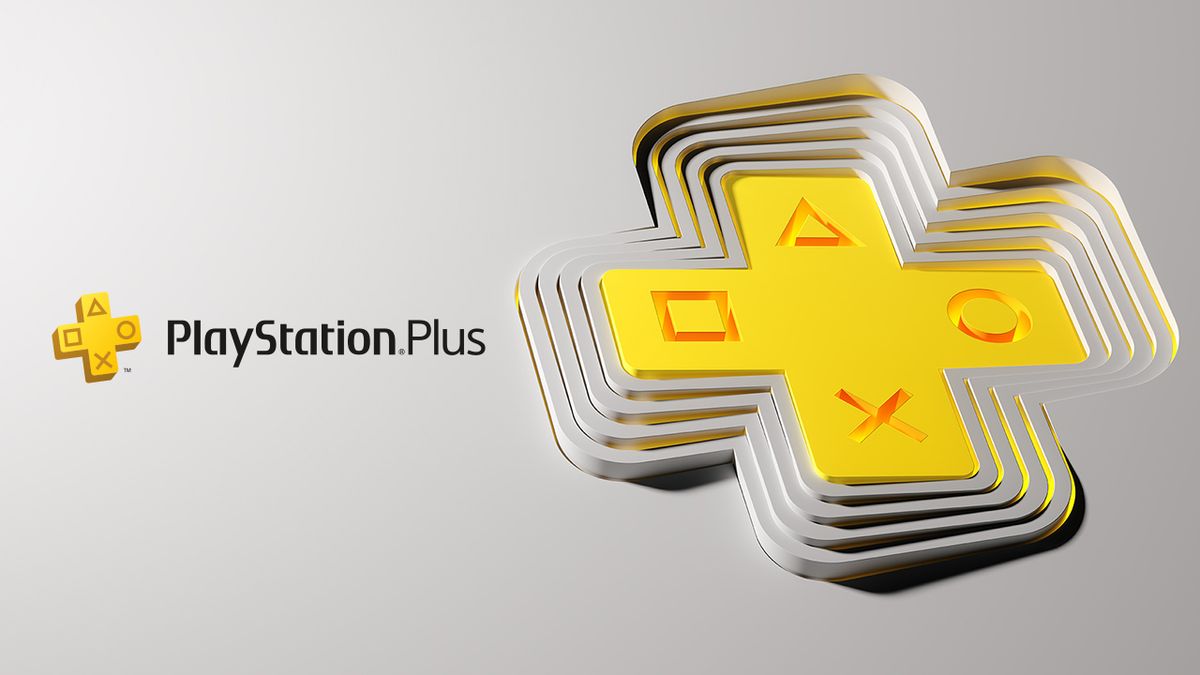
PS Plus Premium misses the point of Xbox Game Pass, but that isn't necessarily a bad thing. You're free to view the changes to PlayStation Plus in those terms if you want to, but the two services don't align all that cleanly. Xbox Game Pass is central to Microsoft's cross-platform strategy as the company tries to build a more open ecosystem; New PS Plus is an evolution of what came before it, designed to give long-standing PlayStation owners more value out of existing parameters to play.
Sony and Microsoft have long had conflicting visions for the future of gaming, and the reveal of a new PlayStation Plus service only highlights the divide. While the two subscriptions have similarities, it's the decision to exclude upcoming PS5 games (like God of War Ragnarok and Marvel's Spider-Man 2) from the catalog of available games through the service on the day of their release that offers the starkest contrast.
On Game Pass, all subscribers have access to a large library of games from four generations of Xbox, and the capacity to play brand new Xbox Game Studios releases as soon as they hit storefronts. Microsoft has seen success with this model, with Halo Infinite reaching 20 million players in little over a month following its simultaneous launch across Xbox Series X, Xbox One, and PC, while Forza Horizon 5 reached an equally impressive 18 million within a similar time frame. Game Pass and Game Pass Ultimate (a premium service tier which brings access to EA Play, Xbox Cloud Gaming, and Game Pass for PC into the mix) ties all supported platforms and release models together into one seamless package.
With the new PS Plus offering, Sony has decided to steer clear of day-and-date inclusion of first-party exclusives into the catalog. PlayStation CEO Jim Ryan made his intentions clear in an interview with GameIndustry.biz, explaining that "it's not a road that we're going to go down with this new service." Ryan points to concerns over lessening the "quality of the games that we make" as a result of aligning its blockbusters so closely to the new subscription service. A dubious claim, but time will tell if Ryan is right there. Either way, it's easy to get the sense that Microsoft's open borders approach just isn't something Sony is interested in pursuing, and it's heading down a different path with PS Plus as a result.
PS Plus is evolving

If you look at the way the PS Plus tier system works, it's clear that the middle offering, PS Plus Extra, is the category Sony sees most of its players aligning with. It comes with the same benefits as the basic PS Plus Essential – online multiplayer access, cloud storage for save data, and two monthly downloadable games – plus additional access to up to 400 PS4 and PS5 games. It's in essence a big expansion of the 'PS Plus Collection' concept that made its debut alongside the PS5, which gave subscribers access to 20 of the best PS4 games, combined with the existing benefits of being a PS Plus member.
As for PlayStation Plus Premium, Sony has positioned it as a service for the most hardcore of PlayStation owners. It's for those of you with broadband fast enough to enjoy the benefits of streaming games over the cloud and for those with a nostalgic connection to PlayStation's past – or an interest in exploring the games that made the platform what it is today, at the very least. This PS Plus Premium tier brings an additional 340 games into the fold; PS3 games are only available via cloud streaming, while original PlayStation, PS2, and PSP games can be accessed with both streaming and download options.

PlayStation Plus Premium vs Xbox Game Pass Ultimate: Which one do you need?
The tying of backwards compatibility to both a premium tier and cloud streaming suggests that the PlayStation division sees these options as inessential to its business model moving forward. The community has been asking for more robust backwards compatibility support for years now, and Sony is finally in a position to see if we'll put our money where our mouths have been. Microsoft on the other hand has positioned legacy games front and center as a sell of the service, buying companies like Activision and Bethesda to (in part) leverage their full libraries into Game Pass in an effort to coax more players away from PlayStation and into the broader Xbox ecosystem.
Sign up to the 12DOVE Newsletter
Weekly digests, tales from the communities you love, and more
The new PlayStation Plus service is an evolution of the service as it existed before then, rather than a direct challenger to what Microsoft is trying to achieve with Game Pass and Game Pass Ultimate. The market leader is working to expand the benefits of PS Plus as tens of millions of players recognize it today, without putting its current model at risk – the protracted development of expensive, prestige blockbusters that have the potential to shift outrageous numbers, with no subscription necessary.
The decision to exclude first-party releases from the PS Plus catalog, and the locking of backwards compatibility to premium tiers of the service, misses the point of Game Pass entirely. Then again, maybe that's not such a bad thing. Whether a more robust PS Plus service can withstand the surmounting pressure put upon it by Game Pass remains to be seen, but right now I'm looking at a service that will only benefit the PlayStation gamer. Sony isn't chasing Game Pass, it's trying to build a service strong enough to stand apart from it. Only time will tell if PlayStation Plus Extra and Premium are up to the challenge.
For more information on Sony's new service, check out our explainer on the PS Plus Tiers and our look at what PlayStation needs to deliver with the PS5 Game trials for PlayStation Plus Premium.

Josh West is the Editor-in-Chief of 12DOVE. He has over 15 years experience in online and print journalism, and holds a BA (Hons) in Journalism and Feature Writing. Prior to starting his current position, Josh has served as GR+'s Features Editor and Deputy Editor of games™ magazine, and has freelanced for numerous publications including 3D Artist, Edge magazine, iCreate, Metal Hammer, Play, Retro Gamer, and SFX. Additionally, he has appeared on the BBC and ITV to provide expert comment, written for Scholastic books, edited a book for Hachette, and worked as the Assistant Producer of the Future Games Show. In his spare time, Josh likes to play bass guitar and video games. Years ago, he was in a few movies and TV shows that you've definitely seen but will never be able to spot him in.











